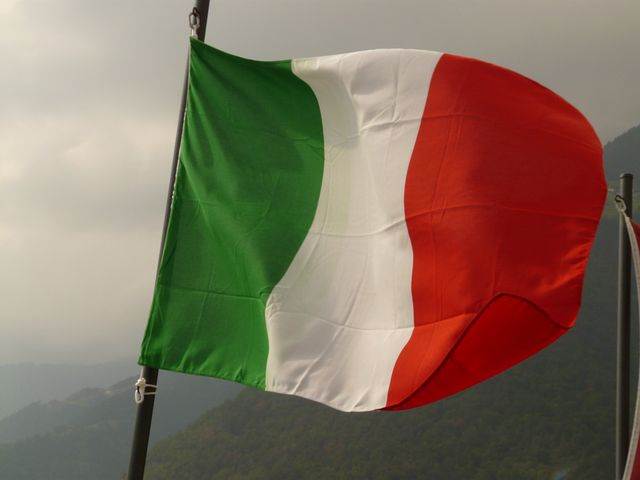 Italy is facing yet another political crisis after its Prime Minister, Giuseppe Conte, resigned. Italy is currently ruled by a coalition between the anti-establishment 5-Star Movement and the right-wing populist La Ligue (formerly the Northern League). Mr Conte acts as an independent PM since neither partner was happy to see the other party furnish a PM for the coalition which came to power 14 months ago. The government has been in conflict with the EC over its planned budget which would have breached EU Euro convergency rules, but, in the end a fragile compromise was found.
Italy is facing yet another political crisis after its Prime Minister, Giuseppe Conte, resigned. Italy is currently ruled by a coalition between the anti-establishment 5-Star Movement and the right-wing populist La Ligue (formerly the Northern League). Mr Conte acts as an independent PM since neither partner was happy to see the other party furnish a PM for the coalition which came to power 14 months ago. The government has been in conflict with the EC over its planned budget which would have breached EU Euro convergency rules, but, in the end a fragile compromise was found.
The current crisis came to a head when Mr Salvini, leader of La Ligue, declared that he could no longer work with the 5-Star Movement and tabled a vote of no confidence in Mr Conte.
Mr Conte resigned after making a strong condemnation of Salvini in parliament, accusing him of “looking for a pretext to return to the polls” and the “unconscionable” practice of "combining political slogans and religious symbols at rallies". In his statement in the Senate, Conte noted: "It is irresponsible to initiate a government crisis. It shows personal and party interests. I take this opportunity to announce that I will present my resignation as head of government to the president of the republic".
The Italian President has accepted Mr Conte’s resignation, but has asked him to continue to serve as PM whilst talks continue about forming a different coalition government. If these fail, Italians will be going to the polls. During the most recent elections, for the European Parliament, La Ligue candidates secured 34% of the votes to the 5-Star Movement’s 17% - which may be behind the current manoeuvring.
The 5-Star Movement’s leader, Luigi Di Maio responded on social media (Facebook) to the developments: "the day when the League will have to answer for its faults for having decided to bring everything down, opening a government crisis in the middle of August". The post stated that it “was an honour” to have worked with Mr Conte.
The Italian economy is the third largest in the Eurozone and political instability in Italy weakens sentiment towards the Euro, causing it to devalue marginally.
